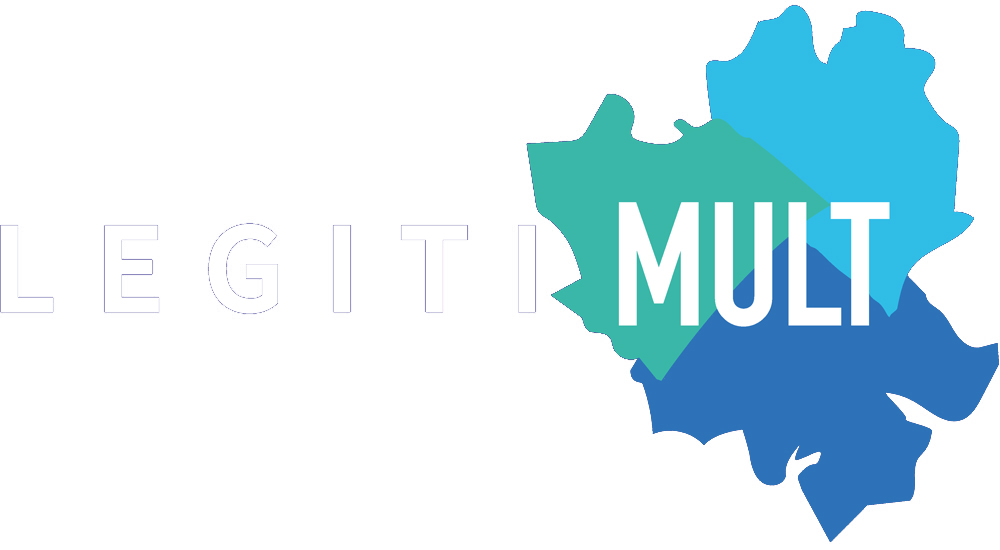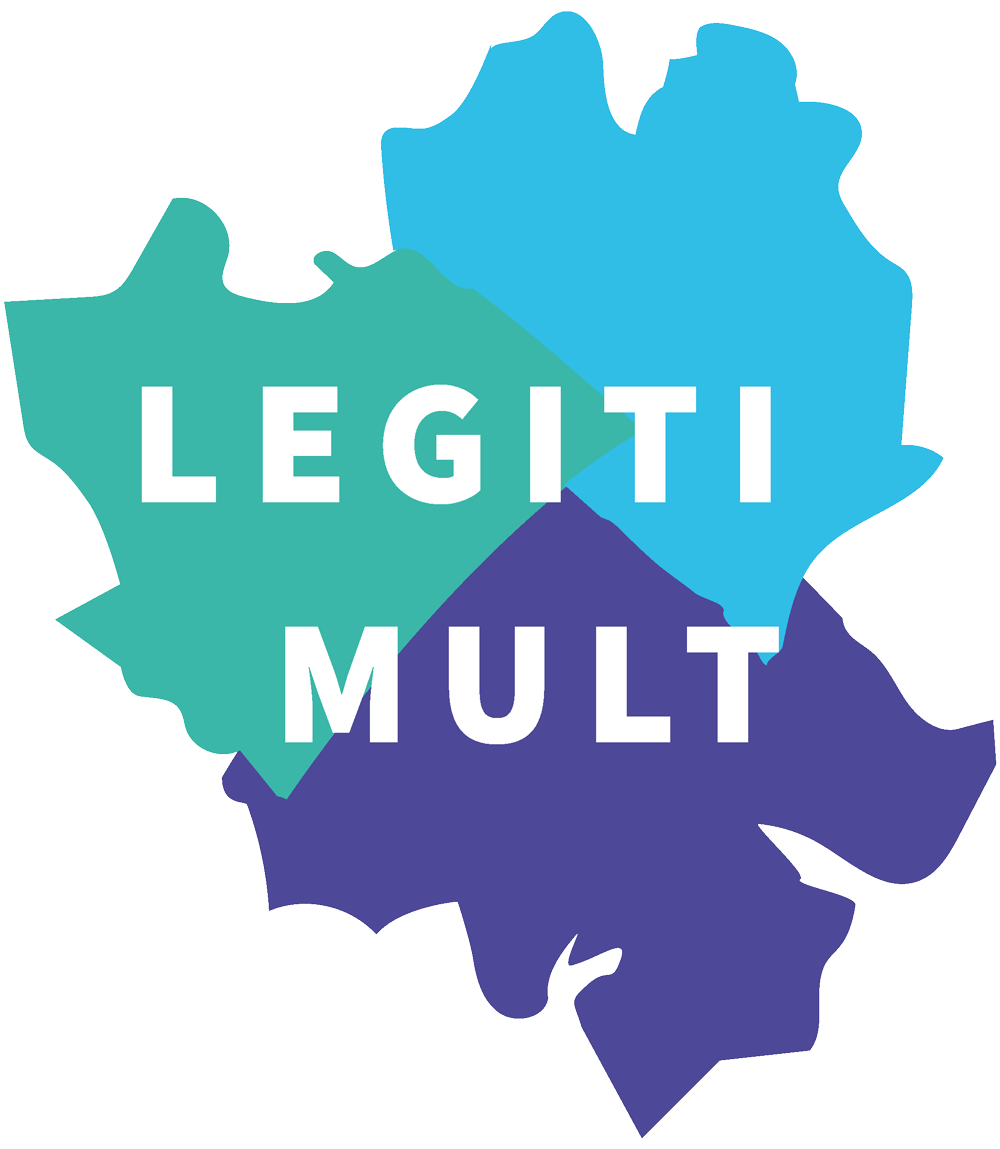GOAL
Analysis of the impact that crisis governance has on human rights and the principle of non-discrimination
question
How has the Covid-19 crisis governance influenced human rights and principle of non-discrimination?
DESCRIPTION
The Covid-19 pandemic had a different impact on different social groups. WP4 explores whether and how emergency measures restricted human rights and violated the principle of non- discrimination. Focusing on vulnerable groups such as ethnic, national and linguistic minorities, women, WP4 conducts interviews to assess the challenges that these groups have faced during the pandemic. Based on these findings, WP4 elaborates a set of policy recommendations on how to safeguard human and minority rights and the principle of non-discrimination in future crisis governance.

Outputs
Working papers and data set
Books & chapters
Coming soon
Journal articles
Contacts for this WP
The Institute for Ethnic Studies, Universities of Ljubljana, Slovenia, is responsible for this WP.
Contact person
Mitja Žagar
Danijel Grafenauer



